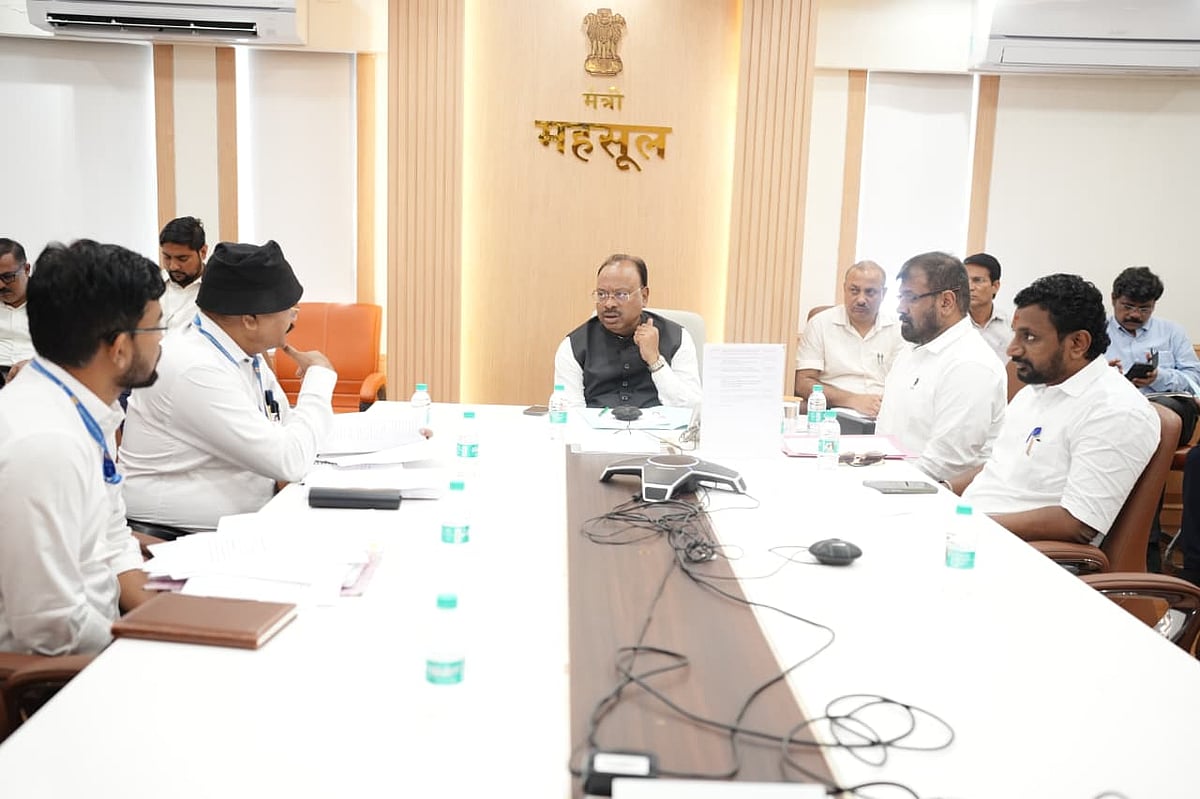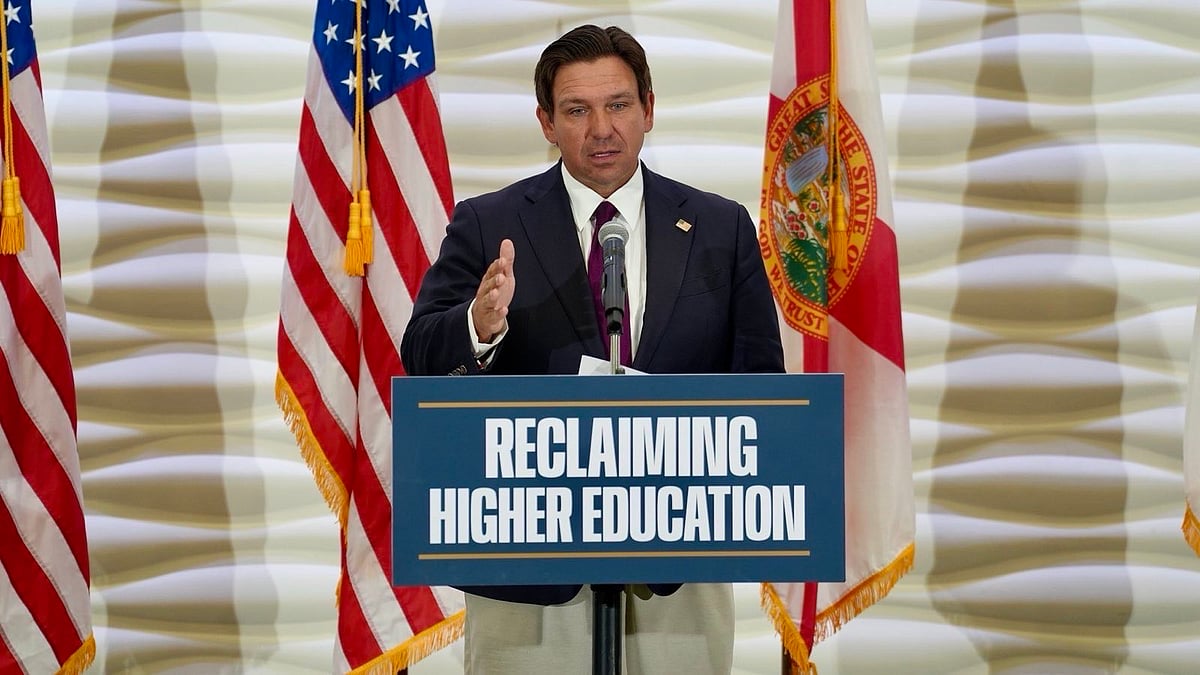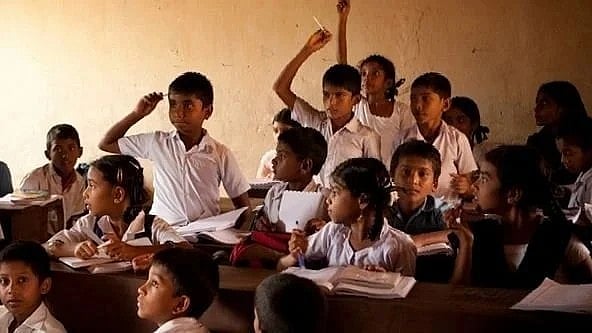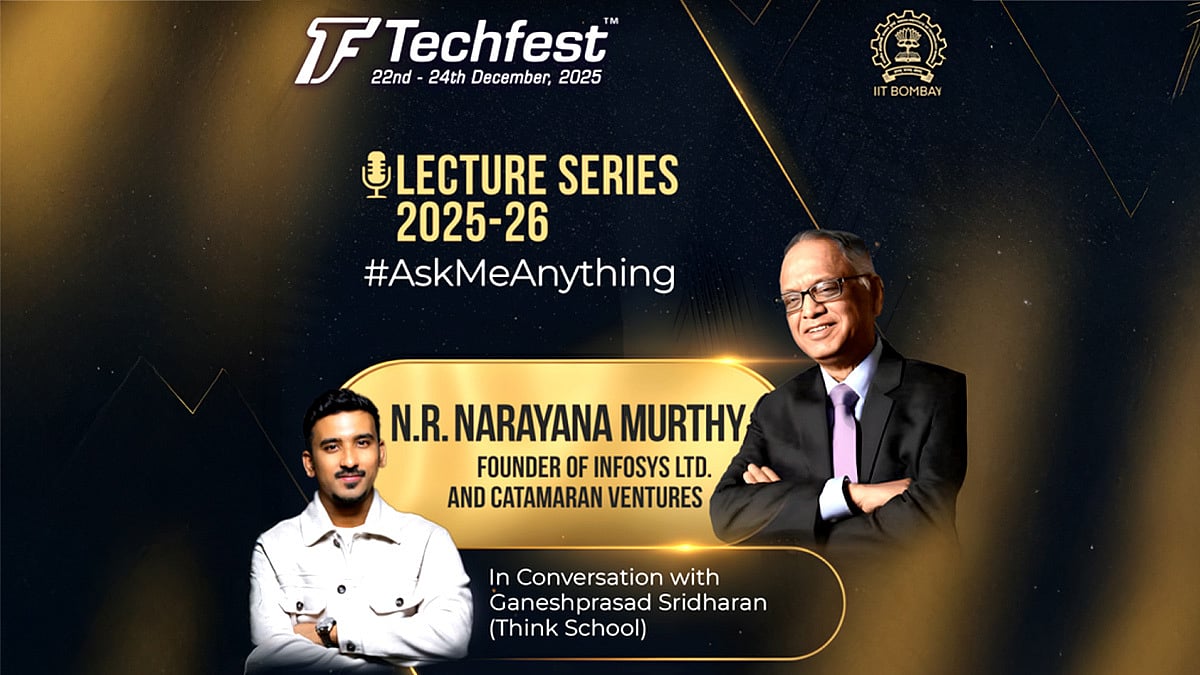The abundance of libraries in schools across Mumbai is a testament to books remaining an essential tool for young minds, and who better than renowned children's author, Shabnam Minwalla to talk about the same in an interview with The Free Press Journal.
Excerpts:
1) How can schools use stories, and literature to pique a child’s interest in learning?
Literature is very immersive. When you read a book, you get pulled into the particular place, time, event, or the issue at the book’s core. A child tends to breathe, smell, and feel what’s happening in the book which inspires learning. When you read books like ‘Boy in the Striped Pyjamas’ or ‘All the Light We Cannot See’, you don’t realise that you’re actually learning about World War II when actually you are.
A student might not learn the specific dates of the historical event, but the reality of those times are communicated more impactfully compared to any history textbook. Novels like ‘When You Reach Me’ and ‘A Wrinkle in Time’ make students curious about time travel and the kind of science that would be required to support it.
Importantly, asking many questions is what often takes students to their future careers, and if not, then even just wondering about our world is good enough.
2) How can one encourage children to ask questions through writing?
I often have parents come up to me and ask about the ‘morals’ of my story. I have to tell them that I do not write stories with morals, but ones that make people come up with their own morals, or not. The story could lead to a message, or an argument, or a simple curiosity, or just an interest in the whole business of story-telling.
Stories are starting points given to young persons. They are like a lump of play-dough, malleable. It can create magic for them with their minds, hands, and eyes. It is important to me that stories should not be closed off which is why a lot of my stories also end on an open note, allowing my readers to have their own endings.
I also realised that fairly simple words can communicate complex thoughts. Don’t underestimate a child’s ability to grasp complicated thoughts. Though children face difficulty with longer sentences at certain ages, they enjoy learning new words, and of course, new thoughts and ideas.
3) Compared to movies or videos, do books help a child to know themselves better?
Absolutely! Books make a good starting point but they are never the final product. The final product is what happens in your head after reading the book. Books allow children to imagine and create a world which they would be able to enter and inhabit more comfortably. Movies are generally watched from the outside, books are read from the inside.
4) How can a child be encouraged to participate in the classroom?
Every time I do a session with students, I am amazed by their excitement to participate. The first thing I do in my sessions is ask students not to stress about spelling mistakes or being accurate while drawing anything.
In the activities I conducted I found that the quietest students came up with the best ideas. I think the sense of functioning without any rules helps students. When they understand that what matters is their creativity and thoughts, with no right or wrong, children really open up. While it’s not possible for teachers to do this daily, a little less stress could be laid on things being perfect.
When the focus is put not on the form but the substance, then students are really encouraged to participate.
5) Children are surrounded with books in their age group, can the same be said about teenagers?
‘Young Adult’ has become a very experimental and an accessible category worldwide. It however, still does not have the depth of books that one might like despite different things happening in the genre everyday.
We must also note that by the time children turn into teenagers, they slip off as readers, making this genre a tricky one. Many teenagers also directly jump into books catered to adults, like ‘Gone With the Wind,’ and choose to skip out on the books written for their age group. This shows that we are still figuring out the pulse of the Indian teenager.










